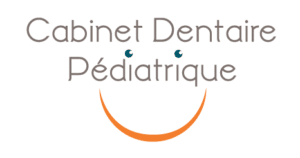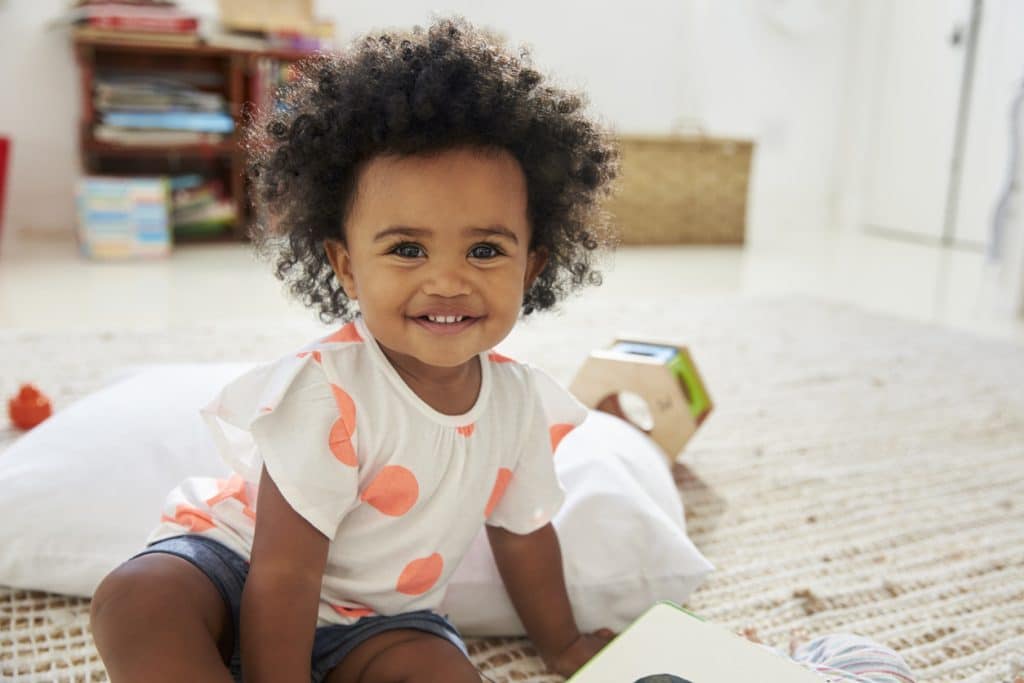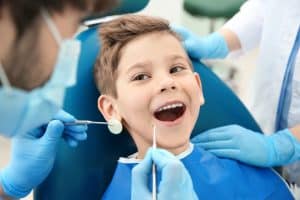Your baby's dental hygiene is essential for good oral health. This starts as soon as the baby teeth appear, or even before, and it requires a better knowledge of good practices and recommendations.
Let's discover together the methods to adopt to achieve and maintain a good oral hygiene for your baby.
Good dental hygiene for baby: what for?
From the moment your baby is born, he or she already has all his or her teeth. Only you can't see them, as they are hidden under the gums. It is only when teething starts that it becomes possible to see them.
The truth is that good oral hygiene for babies should be initiated even before the teeth break through the gums. The rule is simple: healthy gums mean healthy baby teeth. And healthy baby teeth mean healthy permanent teeth.
Note that, as a general rule, the baby teeth are all present by the age of 3. Don't worry if you notice spaces between them. These spaces allow the permanent teeth to have enough room to form in a healthy way.
Taking care of your oral hygiene according to your age
Taking care of baby's teeth from 0 to 6 months
Although teeth are not yet formed, oral cleaning is still an absolute necessity. Moisten a compress with saline solution and rub it gently over the gums after each feeding.
By doing so, you remove plaque that could damage your child's teeth in the future.
Oral hygiene for babies aged 6 months to 2 years
At this age, after consulting your pediatrician or dentist, you can incorporate a fluoride toothpaste with a fluoride content of no more than 500 ppm. Use an amount no larger than a pea. Be careful, though, and make sure your child knows how to spit out the toothpaste.
Please note that a child between 6 months and 2 years of age should see his or her dentist twice a year, or once every 6 months. These visits are essential for your baby's good dental hygiene.
As soon as your child is one year old, he/she should see a dental surgeon or ideally a pedodontist so that this first consultation is pleasant for him/her and thus avoid any possible stomatophobia (phobia of the dental surgeon).
The latter can occur as a result of trauma following an unpleasant experience.
Please note that if there is no reason to see your child, you should take him/her to the dentist once every 6 months.
Dental hygiene of young children aged 2 to 6 years
At this age, your child's dental hygiene is important. Teach your child to brush twice a day with a 500 ppm fluoride toothpaste. The amount should always be no more than the size of a pea.
As soon as your little one turns four, make sure he or she no longer sucks his or her thumb or pacifier. Sucking on a pacifier that has been soaked in honey or other sweet liquids should also be avoided to protect against early childhood caries.
Be careful: your child is not always able to clean his teeth by himself. Do not hesitate to accompany him until he is able to do so, generally after the age of 6.
Oral cleaning for children 6 years and older
The above-mentioned fluoride doses are no longer sufficient from the age of 6. Therefore, a fluoridated toothpaste between 1,000 and 1,500 ppm is essential and must be used twice a day.
Your child is now able to take care of his or her own oral hygiene. During the first few days, you should accompany your child so that he or she can further perfect his or her brushing technique.
Teeth at the back of the mouth are more likely to be attacked by plaque than others because their location favors the accumulation of food particles. Enlighten him on this point so that he will focus on brushing them.
Taking care of your baby's teeth: fluoride supplements
If you don't already know, the recommended dose of fluoride by scientists is 0.05 mg/kg per day. The French Agency for Health Security and Health Products (ANSM) advises not to give fluoride supplements to babies under 6 months of age.
However, there are exceptions. If the dentist believes that the child is prone to developing cavities, he or she may prescribe a fluoride supplement. Note that a fluoride intake assessment is required beforehand.


